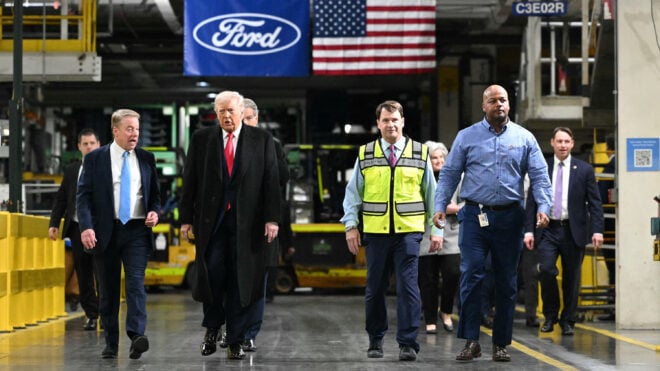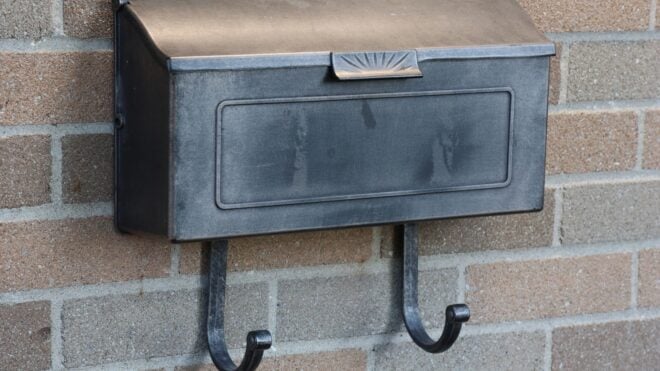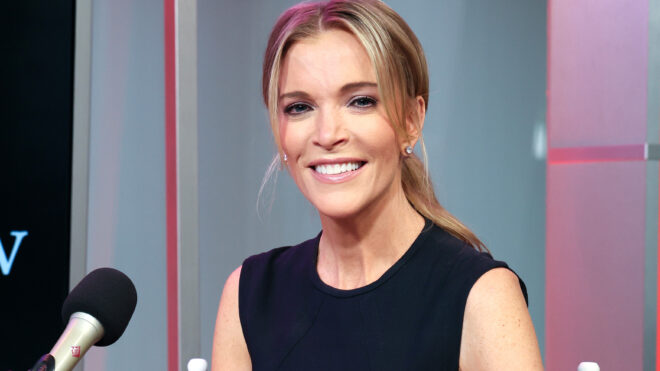Weddings are beautiful times of celebration. In the past, weddings were kind of standard. There weren't as many options as couples have today. Looking back, those weddings were a lot of fun, but they all seem to blend together stylistically. Today's couples are looking for something a little different.
A new study released by leading wedding planning and registry resource The Knot revealed all the latest trends in its 2019 Real Weddings Study. The study was based on feedback from more than 25,000 couples married in 2019. It found that couples are now looking to plan more personalized weddings that celebrate blending cultures, values, and unique lifestyles.
Among the many fascinating facts that this study offers is that the average amount of time a couple is engaged has increased. Engagements now last an average of 15 months, up from 14 months in 2018. That added time allows couples to incorporate details that reflect their beliefs and celebrate their differences.
The wedding industry has changed quite a bit in recent decades. Weddings were once a pretty standard affair, but today's couples are putting customization first. The Knot's 2019 Real Weddings Study, based on feedback from more than 25,000 couples married in 2019, finds that couples are planning more personalized weddings than ever before.
"Engaged couples today are highly focused on ensuring every element of their wedding is not only representative of who they are, but also their values and beliefs. Many are even taking their celebration a step further and using it as a form of activism," said Kristen Maxwell Cooper, editor in chief of The Knot.
"In other words, they're looking for ways that their wedding can make a positive impact on the world, whether that's supporting a local industry, minimizing their carbon footprint or hiring a like-minded vendor team who upholds similar values as they do."
With nearly half of all couples (51%) marrying people of different backgrounds, couples are looking to incorporate and merge their individual backgrounds on their special day. For some, that means incorporating religious or cultural elements into their ceremony. For others, it's expressed in wearing culturally significant attire or incorporating family heirlooms into their look.
A lot of aspects of tradition are still observed by couples today, of course. Over 90% of couples still have the first dance. Another 82% of couples still enjoy a cake-cutting ceremony. Tradition isn't being shoved to the side but rather balanced with elements that make their wedding day a true reflection of their relationship.
Sustainability is one factor that couples have taken into consideration. From hand-me-down items to locally sourced products, couples are looking for weddings that don't feel wasteful. Some are even forgoing physical invites and RSVP cards in lieu of digital ones that reduce carbon footprints.
Giving back is also important to many couples. Many couples who don't feel the need to accumulate more stuff are opting for charity registries benefiting causes close to their hearts. Others decide to make charitable donations in lieu of giving out favors at the end of the night.
When it comes to registries, a majority of couples (82%) still go the traditional retail route. Cash registries are on the rise, going from 20% to 30% utilization from 2018 to 2019. With cash registries, couples, many of whom live together before getting married, can ask guests to contribute to experiences or honeymoon expenses instead.
Couples are also looking to make sure that their guests have just as much fun as they're having. In fact, 72% believe that it's a top priority. They're accomplishing that in a variety of ways, from providing entertainment options like photo booths and games to serving late-night snacks for when the party goes into the wee hours of the morning.
The second most important aspect of the big day for engaged couples during the planning process is budget. The average wedding cost in 2019 was $33,900, including the engagement ring, ceremony, and reception. That number is consistent with 2018, although couples are more intentional in what areas they're spending money on.
The budget consciousness comes from the fact that couples are footing the bill for over half of the expenses, on average. They're paying attention to where that money goes. If a couple considers themselves music enthusiasts, for example, they might be more willing to splurge on a top-tier DJ or live band than they would be on decor.
One of the most fascinating details in The Knot's report is how the prices of weddings vary from state to state. Unsurprisingly, the majority of the most expensive states to get married in are in the northeastern US. The most expensive state to get married in is New Jersey, with wedding costs averaging $53,400.
Illinois makes a surprising appearance in the top 10 as the seventh most expensive state to get married in. Wedding costs in Illinois average $39,700. The only West Coast appearance in the top 10 is California, coming in at No. 8, with the same average cost as Illinois.
The 10 least expensive states to get married in are largely spread out through the Midwest. Utah is the least expensive, with an average cost of $19,700. Indiana is the highest priced of the least expensive states, with an average cost of $22,800.
These exciting new trends make the wedding experience even more entertaining for both couples and guests. Guests who shuffle to wedding after wedding during wedding season can know they won't ever have the same experience twice. Couples can feel confident that their special day is a unique celebration of two individuals merging their backgrounds, beliefs, and traditions with their loved ones by their sides.




